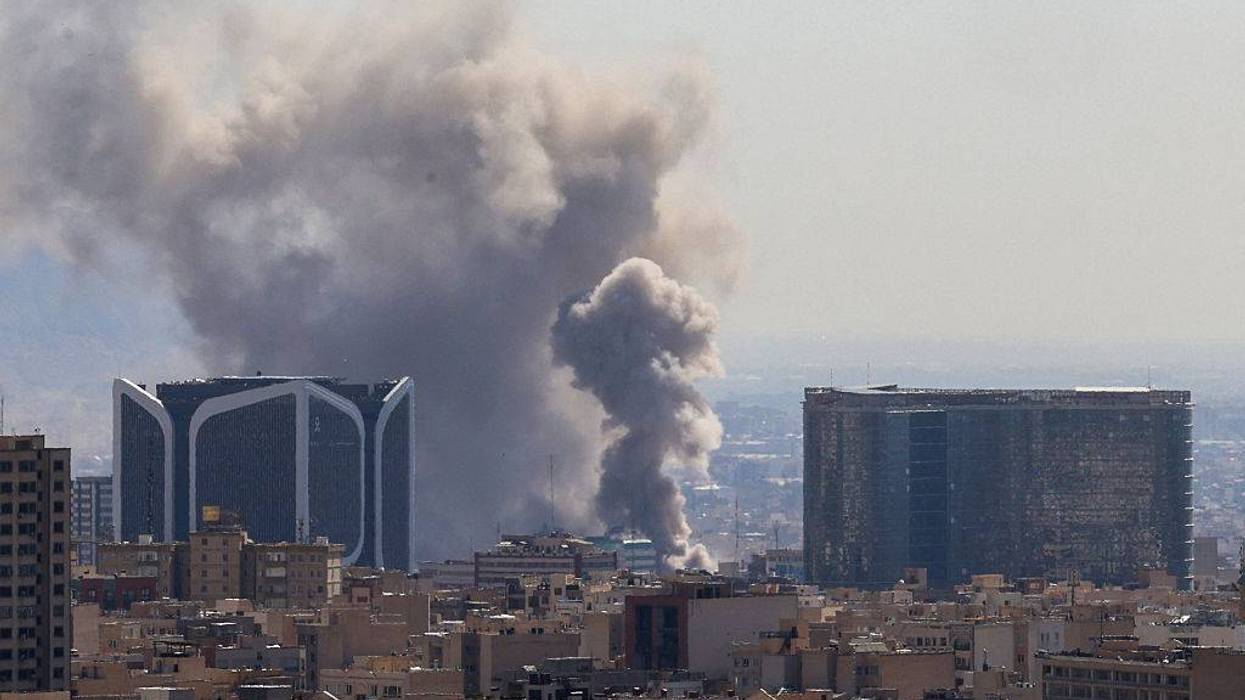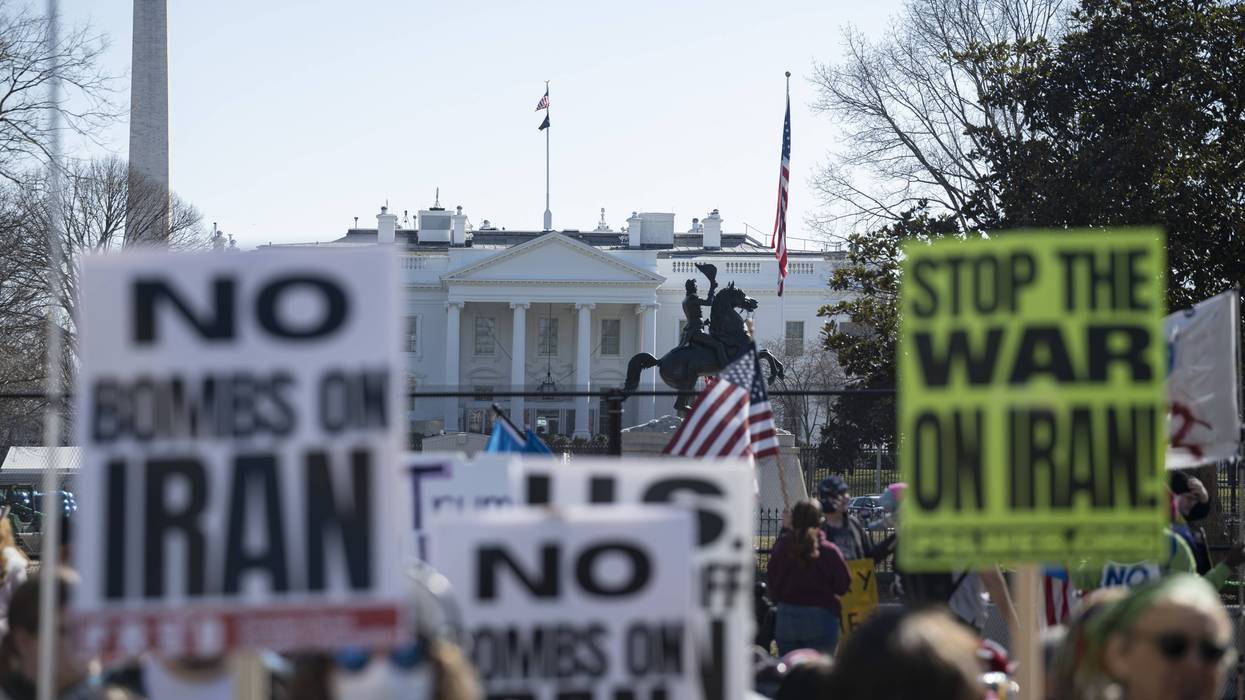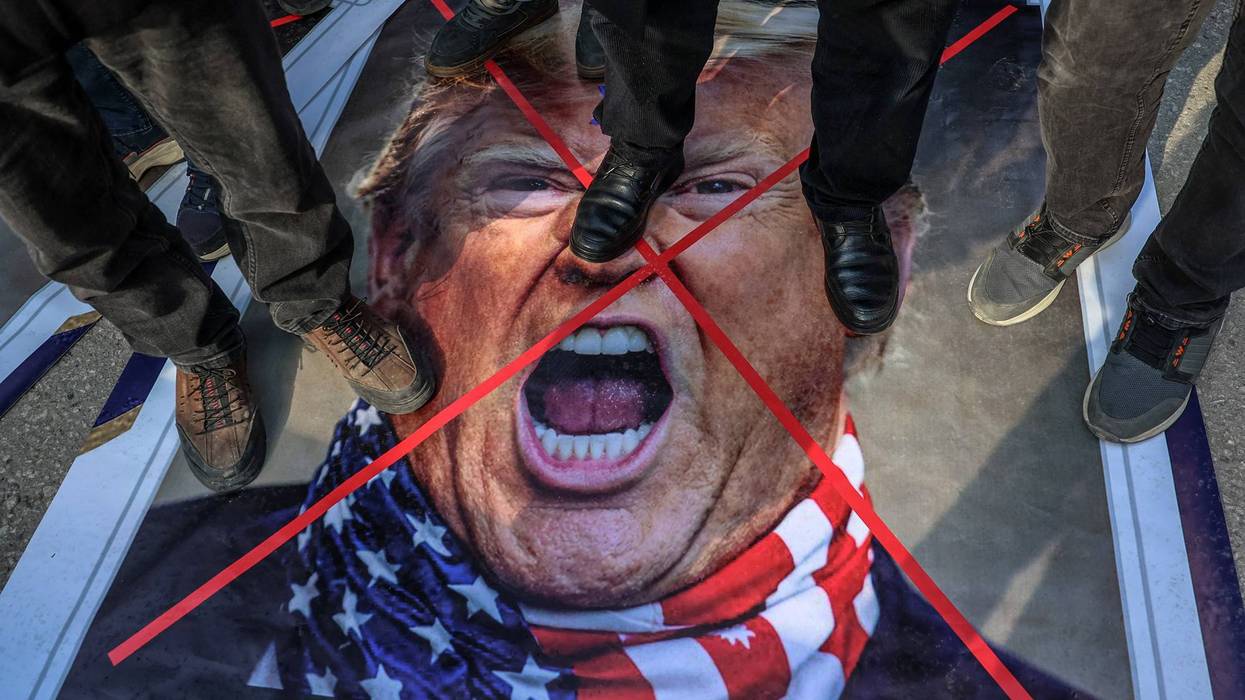April, 14 2009, 03:13pm EDT

Sri Lanka: Commonwealth Should Act on Crisis
Use International Clout to Press Both Sides to End Humanitarian Disaster
LONDON
The Commonwealth and its members should use their combined
diplomatic influence to press the Sri Lankan government and the
Liberation Tigers of Tamil Eelam (LTTE) to cease attacks that violate
the laws of war and end the humanitarian crisis in Sri Lanka's northern
Vanni region, the Commonwealth Human Rights Initiative (CHRI) and Human
Rights Watch said today in a letter
to the Commonwealth Ministerial Action Group (CMAG). A two-day holiday
pause in military operations was not long enough to address the
desperate situation of trapped civilians.
Fighting reportedly has resumed in the tiny government-declared
"no-fire zone" still in the control of LTTE forces, where the
approximately 100,000 civilians remaining are at grave risk. LTTE
forces have prevented civilians from leaving the area, while government
forces have repeatedly and indiscriminately shelled the no-fire zone.
More than 3,000 civilians have reportedly been killed and many more
wounded during the fighting since January.
"With the United Nations warning that there could be a potential
'bloodbath,' the CMAG needs to assert itself to protect the civilians
trapped in the fighting in a member country," said Maja Daruwalla,
executive director of CHRI. "It should not stay silent during this
mounting tragedy."
Both the Sri Lankan government and the LTTE deny they are violating
the laws of war. However, there is credible information that the LTTE
is preventing civilians from leaving the conflict area and shooting at
those that try to escape. Displaced persons who have managed to flee
the fighting have been placed in detention camps by the Sri Lankan
government, where they are denied freedom of movement. The government
has said that it will improve access to the camps by relatives and
allow some to leave after screening for LTTE combatants, but to date
only a few hundred elderly have been allowed to leave. There are
allegations that an unknown number of people with alleged LTTE ties
have been taken into government custody, leading to fears of enforced
disappearances.
The Sri Lankan government has refused to allow independent observers
and journalists into conflict zones so that there is a lack of accurate
and timely information about the situation of the trapped civilians. It
has also barred most humanitarian agencies from the conflict area in
northern Sri Lanka, citing security concerns, leading to severe
shortfalls in humanitarian assistance. There have been repeated
allegations of threats and intimidation against Sri Lankan journalists
and human rights workers.
"The Commonwealth harms itself when it stays silent during a crisis
in a member state," said Brad Adams, Asia director at Human Rights
Watch. "Abuses by the Tamil Tigers should not deter it from pressing
the Sri Lankan government to uphold the Commonwealth's fundamental
principles."
In the Harare Commonwealth Declaration, 1991, Commonwealth Heads of
Government pledged to protect and promote fundamental human rights and
to support "the United Nations and other international institutions in
the world's search for peace."
Calling upon CMAG to protect the fundamental principles of the Commonwealth, CHRI and Human Rights Watch urged it to:
- Seek assurances that civilians are given the highest protections,
and that international humanitarian law is being complied with in full. - Call upon the Sri Lankan government to cease attacks that violate
the laws of war, including artillery bombardment and aerial bombing
that does not discriminate between military targets and civilians, or
that causes expected harm to civilians and civilian objects
disproportionate to the anticipated military gain. Violations of the
laws of war by the LTTE do not justify attacks by government security
forces in violation of the law. - Call upon the LTTE to stop using civilians as "human shields," take
all feasible steps to avoid placing military targets near civilians,
stop preventing civilians from leaving areas under its control, respect
and facilitate the right to freedom of movement of civilians, including
their right to move to government-controlled territory for safety, and
end all deliberate attacks on civilians, such as those seeking to flee
LTTE-controlled areas. - State its concern for the trapped civilians, call upon both parties
to facilitate the immediate creation of humanitarian corridors to allow
trapped civilians to escape and offer neutral assistance to ensure safe
evacuation of civilians, as well as to provide aid for humanitarian
camps for relocated civilians. - Consistent with the UN Guiding Principles on Internal Displacement,
ensure that camps for displaced personsrespect the basic rights of
residents.The camps should be under civilian authority, residents
shouldhave thefreedom of movement due all Sri Lankan citizens, and
impartial humanitarian agencies should have access to the centers
without unnecessary restrictions. - Call upon the Sri Lankan government to allow independent observers,
including journalists, access to conflict zones so that accurate and
timely information about the situation of civilians in such areas is
publicly available. - Call upon the government to lift immediately the September 2008
order barring humanitarian agencies from the conflict area in northern
Sri Lanka and allow humanitarian agencies to return to assist at-risk
individuals and reach all civilians in need. Restrictions on relief
should be made on a case-by-case basis and only when there is a
specific and justifiable security reason for the restriction. Refusals
for valid security reasons should only be for as long as necessary and
should not block legitimate humanitarian assistance. - Call upon the government to ensure that nongovernmental
organizations (NGOs) are able to perform their work without arbitrary
government interference. Regulation of NGO activities should comply
with international standards, be transparent, and follow clearly
defined procedures. Registration should ultimately facilitate the work
of NGOs and should neither disrupt legitimate NGO activities nor put
NGO workers at risk. - Strongly urge all CMAG members to act on the crisis in Sri Lanka
collectively as a positive way to engage the crisis and such situations
in the future, while also giving full adherence to the Harare
Declaration among the Commonwealth's membership.
To read the letter from Human Rights Watch and the
Commonwealth Human Rights Initiative to the Commonwealth Ministerial
Action Group, please visit:
https://www.hrw.org/en/news/2009/04/14/joint-letter-cmag-follow-action-deepening-crisis-sri-lanka
Human Rights Watch is one of the world's leading independent organizations dedicated to defending and protecting human rights. By focusing international attention where human rights are violated, we give voice to the oppressed and hold oppressors accountable for their crimes. Our rigorous, objective investigations and strategic, targeted advocacy build intense pressure for action and raise the cost of human rights abuse. For 30 years, Human Rights Watch has worked tenaciously to lay the legal and moral groundwork for deep-rooted change and has fought to bring greater justice and security to people around the world.
LATEST NEWS
Trump's Unprovoked War on Iran Triggers 10% Spike in Global Oil Prices
"When global energy security can be upended by a single flashpoint, it shows how unstable and risky our dependence on oil and gas is," said one critic.
Mar 02, 2026
President Donald Trump's unprovoked, unconstitutional, and politically unpopular war against Iran is about to cause pains for Americans at the gas pump.
CNBC reported on Monday that Brent crude oil prices surged by 9.3% to a 52-week high of $79.40 per barrel, while US West Texas Intermediate crude oil prices spike by 9% to $73.10 per barrel.
This spike in oil prices is projected to directly lead to an increase in gas prices in the coming days.
Petroleum industry analyst Patrick De Haan noted in a Monday update on his Substack page that gas prices in the US had already risen by roughly six cents in the last week, and that war with Iran would drive these prices higher.
"Developments surrounding Iran—particularly any threat to regional production or shipping flows—are likely to remain the dominant driver of oil prices," wrote De Haan, "and could keep crude elevated or push it higher if tensions intensify further."
A Sunday research note from Wells Fargo cited by CNBC drew attention to the importance of the Strait of Hormuz, which the Iranian government closed off over the week and which is used to transport roughly 20% of the global supplies of petroleum and liquified natural gas.
According to Wells Fargo, a "prolonged" closure of the strait would result in "an oil shock to $100+ per barrel," which it described as the "worst-case scenario" for global stock markets.
In addition to closing off the Strait of Hormuz, Iran has also been launching attacks on other nations' energy infrastructure.
According to a report from Bloomberg, Saudi Arabia’s largest oil refinery at Ras Tanura had to cease operations on Monday after being struck in a drone attack.
"An attack on major energy infrastructure is a nightmare scenario for global markets," noted Bloomberg, "with maritime traffic through the crucial Strait of Hormuz all but halting."
Olivia Langhoff, managing director at climate justice organization 350.org said that the global economic disruptions being caused by the Iran war shows the folly of continuing to rely on fossil fuels for energy needs.
"When global energy security can be upended by a single flashpoint, it shows how unstable and risky our dependence on oil and gas is," Langhoff said. "Renewable energy provides homegrown power that remains secure and affordable regardless of geopolitical shocks."
The increase in gas prices comes at a time when US voters have been expressing widespread dissatisfaction with the economy under Trump, as polls show voters have been particularly anxious about the prices of groceries and utilities, among other essentials.
Keep ReadingShow Less
Less Than 25% of Americans Support Trump Attack on Iran: Poll
"If this goes on... this is going to become a political disaster," said one foreign policy expert.
Mar 02, 2026
President Donald Trump's war in Iran is extraordinarily unpopular, according to a poll conducted shortly after the US and Israel carried out massive strikes on the country Saturday.
The survey, conducted by Reuters/Ipsos, found that just 27% of voters approved of the strikes, which have killed at least 555 Iranians as of Monday morning and resulted in retaliation from Iran that has killed at least four US service members, with more casualties expected according to a spokesperson for the US Joint Chiefs of Staff.
Meanwhile, 43% of respondents disapproved of the military action, while 29% said they were not sure.
A majority of Republicans said they approved of the strikes, with 55% expressing support. Still, 13% disapproved, and a noteworthy 31% said they were unsure.
Approval is dismal with nearly everyone else. Only 19% of independents expressed support compared to 44% who disapproved. And though Democratic leaders in Congress have done little to stand in the way of the strikes, their voters are overwhelmingly against them: 74% said they disapproved, while just 7% approved.
The poll reflects a wider skepticism of US military intervention, with 56% of respondents saying the president was too quick to deploy military force in recent months, including in Venezuela, Syria, and Nigeria.
Compared with previous US military interventions in the Middle East, such as the invasions of Iraq and Afghanistan, which—at least at their outset—enjoyed broad support from the American public following intense government efforts to drum up support, there has been little effort by the Trump administration to define the purpose of war with Iran.
Trump's justification for launching the war has shifted wildly since he began amassing troops in the region. Trump has most recently said the strikes were intended to stop an "imminent threat" from Iran; meanwhile, the Pentagon has told Congress there was no sign Iran was planning an attack unless the US did so first.
The president previously said his push for war was to prevent Iran from developing a nuclear weapon, an assertion at odds with his claim that his strikes in June "obliterated" the country's nuclear capabilities.
Trita Parsi, executive vice president of the Quincy Institute for Responsible Statecraft, told Al Jazeera that Trump's shifting explanations reek of "desperation."
"It's very clear that Trump has a tremendous difficulty finding a justification for this war of choice that he's embarked on," he said. "The reality is that if this goes on for another week or two, this is going to become a political disaster."
"So now he's suddenly, desperately, using all kinds of justifications: Liberating the Iranian people, Iran is fighting against civilization," Parsi said. "If he actually had a case, he would have stuck to that point and made it clearly. But he doesn't have one."
Keep ReadingShow Less
Call Grows to Impeach Trump, 'The Most Dangerous Man on the Planet'
"Trump’s illegal war on Iran and the rule of law," said one pair of campaigners, "establish an intolerable pattern of egregious abuses of power, directly threatening our constitutional order, our safety, and our way of life."
Mar 02, 2026
After the unprovoked bombing of Iran over the weekend by the United States and Israel—strikes that included the unlawful assassination of Iranian Supreme Leader Ali Hosseini Khamenei—the call for US President Donald Trump to be impeached and removed from office has grown as the straightest path to hold the US leader to account for the attacks which policy and human rights experts have condemned as a serious war crime.
With a regional war in the Middle East that was already boiling from Gaza to Lebanon and from Syria to Yemen now exploding in the wake of the US-Israeli attacks on Iran, Globe and Mail columnist Debra Thompson on Sunday called Trump "the most dangerous man on the planet."
"Rather than ending wars," Thompson notes, "Trump has initiated military action eight times, carrying out attacks in seven countries (Syria, Iraq, Iran, Nigeria, Yemen, Somalia, and Venezuela) in 2025." Such a pattern of violence and warmongering should make clear that failure to restrain Trump has only emboldened him.
"The recurring danger in this latest presidential aggression is that there are no guardrails, no constraints, and no post-hoc justification," writes Thomson, "other than that Mr. Trump is the President of the United States and can do whatever he wants."
But American presidents cannot simply do whatever they want. According to a Reuters/Ipsos poll out Sunday, less than 25% support the president's aggression against Iran. In the first wave of the US military attack, an Iranian school for girls was bombed, killing over 108 civilians, mostly children.
While some congressional lawmakers are pushing for a vote this week on a War Powers Resolution to curtail US military operations against Iran, others are demanding more robust action from Congress to bring Trump's war-making to an end.
"Under Article I, Section 8 of the U.S. Constitution, only Congress has the power to declare war, as well as to raise and support armies, provide and maintain a navy, and fund and regulate the military," declared novelist and political activists Stephen King on Saturday. "Impeach the SOB."
Mike Hersh and Alan Minsky, respectively the communications director and executive director of the Progressive Democrats of America, argued in a Sunday op-ed for Common Dreams that "Trump's illegal, unconstitutional war on Iran is not only a moral and humanitarian disaster, but also a profound constitutional crisis."
According to Hersh and Minsky:
Trump’s illegal war on Iran and the rule of law establish an intolerable pattern of egregious abuses of power, directly threatening our constitutional order, our safety, and our way of life. These intertwined crises cry out for an immediate, decisive response by the Congress and the US public.
Therefore, PDA demands that all members of Congress, Democrats, Republicans, and Independents alike, uphold their oath of office to defend our constitutional republic. The Constitution offers one and only one remedy when President a repeatedly breaks the law and arrogantly refuses to abide by the limits on the power clearly laid out in the Constitution. That remedy is impeachment, followed by removal from office.
Matt Duss, executive vice president for the Center for International Policy, said that US lawmakers, as well as the American people they represent, "must also be ready to hold the president and his administration accountable for this breach of US and international law."
"The failure to hold past presidents liable for war crimes and related violations of our own laws has helped lead to this dangerous moment, with a seemingly unrestrained president endangering millions of lives with impunity," warned Duss. "The forever wars and the imperial presidency must finally come to an end.”
Keep ReadingShow Less
Most Popular


